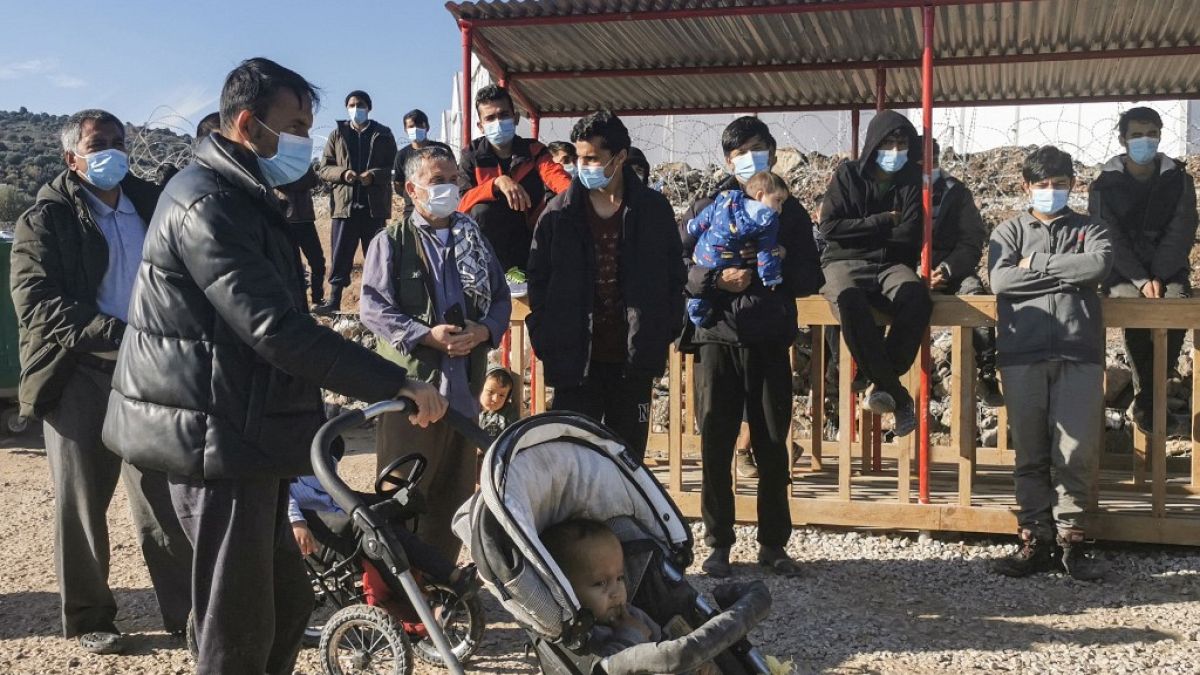The report released by the European Asylum Support Office noted that the pandemic played a major role in less people seeking refuge.
A record low number of refugees sought asylum in Europe during the first year of the pandemic, according to an annual report published by the European Asylum Support Office (EASO).
2020 saw the lowest amount of people coming to the continent in almost a decade, with 485,000 asylum applications received.
However, the EASO noted that it was due to coronavirus-induced travel restrictions, rather than because fewer people were in need of international protection.
The top five countries of origin for asylum seekers remained unchanged - Syria, Afghanistan, Venezuela, Colombia and Iraq.
The main takers of refugees also remained unchanged, with Germany still processing a quarter of all asylum applications in Europe.
- The effect of the pandemic on the EU asylum systems themselves has been a mixed one, executive director Nina Gregori told Euronews, showing up weaknesses as well as strengths.
"We saw in many member states how quickly they developed new approaches to registrations, new approaches to asylum interviews in the form of remote work with digital tools and IT tools. This was really something that was quite surprising for us all."
For the first time since 2017, more decisions on first instance asylum applications were issued than new applications received, cutting the average waiting list of almost a million people to just under a fifth of that.
42% of the decisions granted some form of protection, but 58% were rejected.
The report is critical too about the situation in some reception centres, but also notes that many used the relative calm to improve infrastructure.
The EU also agreed on Tuesday to a renewed and strengthened mandate for its asylum support agency.
